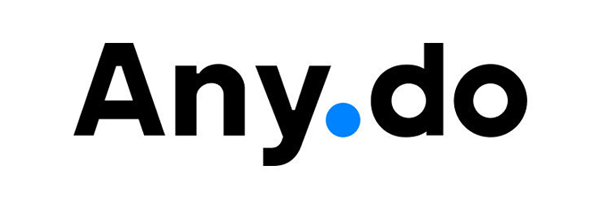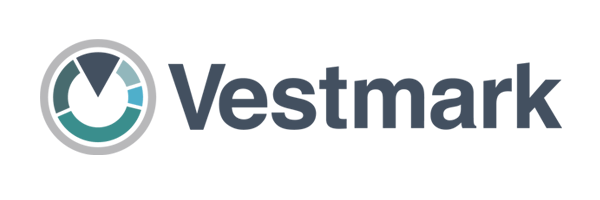Heroku App Platform Customer & Community Stories
Learn how Heroku helps developers and businesses be successful.
Heroku customer stories
Our customers range from startups to industry giants and everyone in-between. Learn how Heroku helps them ship apps fast, collaborate easily, and build powerful, data-driven apps.

Code[ish]
A podcast from the team at Heroku, exploring code, technology, tools, tips, and the life of the developer.
RECENT EPISODE
The Development Basics of Managed Inference and Agents
The latest entry in our “Deeply Technical” series. In this episode, the pair discuss Heroku Managed Inference and Agents—what it is, what it does, and why… Listen nowStories from the community
Heroku is a favorite topic on developer news sites and blogs. We’ve collected a sampling of articles on other sites that share developer experiences, perspectives, and advice.
Building custom apps that scale? See how Oktana expertly blends Heroku's developer experience with Salesforce's platform power to deliver innovative solutions for their clients.
— Oktana, Oktana Blog
Migrating your app from Render to Heroku can significantly enhance performance, scalability, automation, and management for your app.
— Laura-Ann Burgess, Crazy Ant Labs, Crazy Ant Labs
Discover how to build a Matrix-themed chat interface with the classic green code, dynamic text, and smooth animations in a simple step-by-step guide.
— Anup Jadhav, Salesforce, Notes on AI Enginnering, LLMs and Agentic Architectures
With Bonsai, customers get a robust, opinionated cluster that scales elastically to your usage.
— Bonsai, Bonsai
Learn how to deploy a Taipy app to Heroku in this straightforward tutorial. I'll walk you through each step, ensuring you know exactly what to do to get your Taipy app up and
— Sven B., Coding is Fun
We'll learn how to automatically deploy your app to the correct environment any time code is merged into your dev or main branches.
— Tyler Hawkins, DZone




